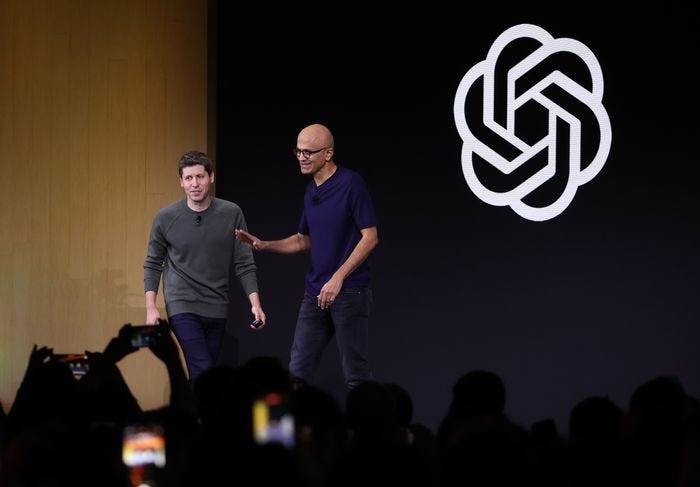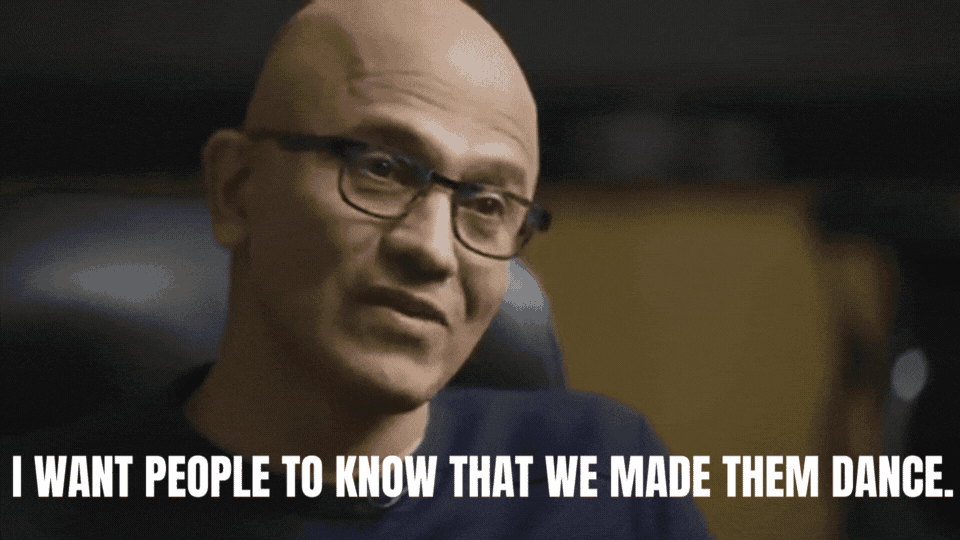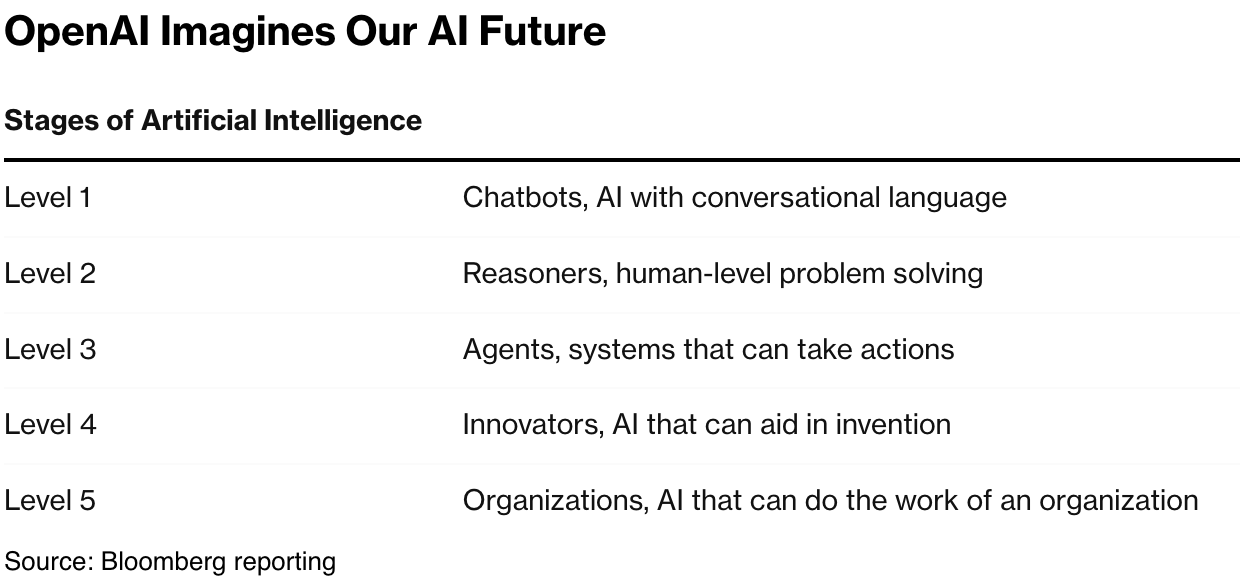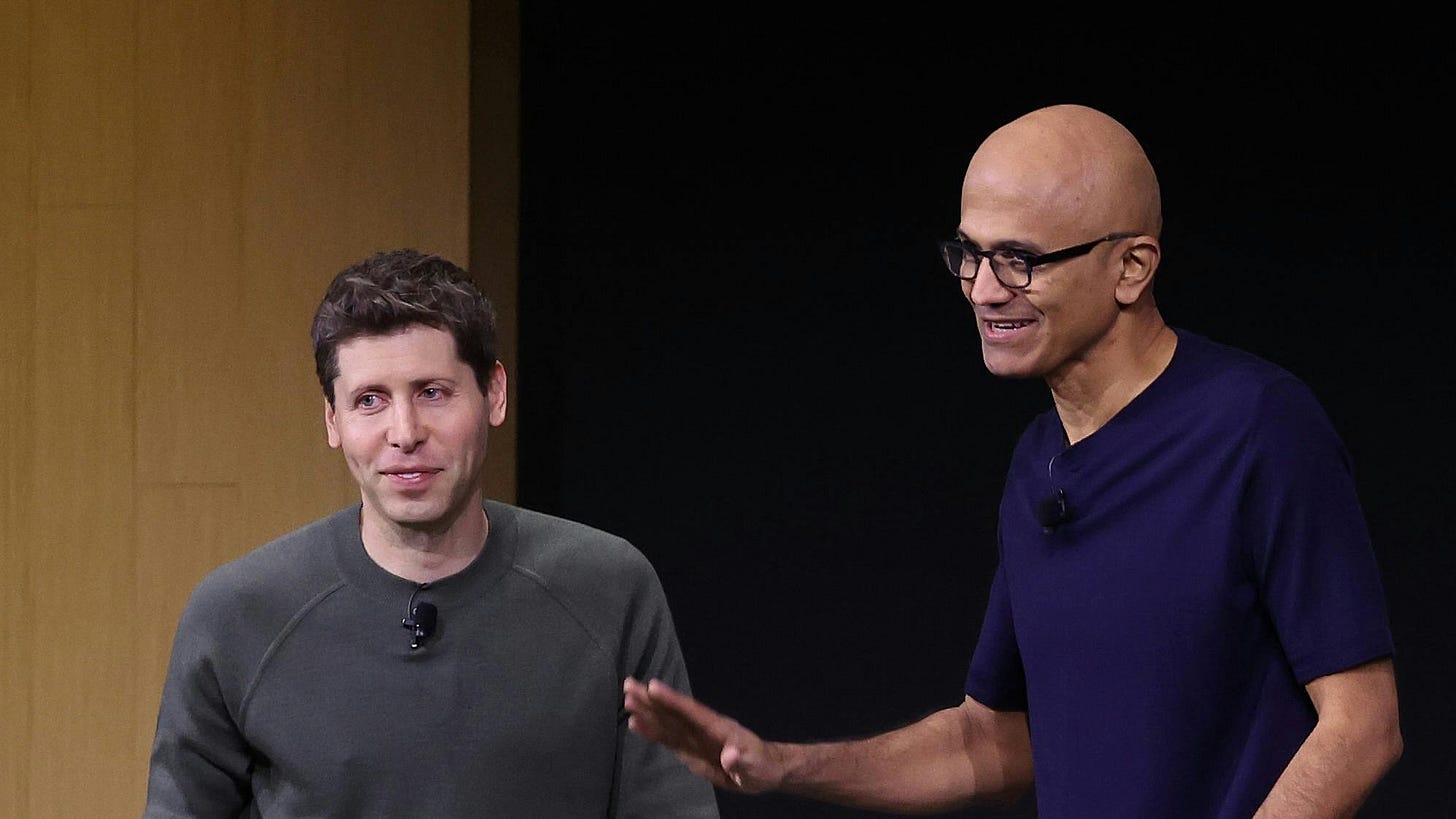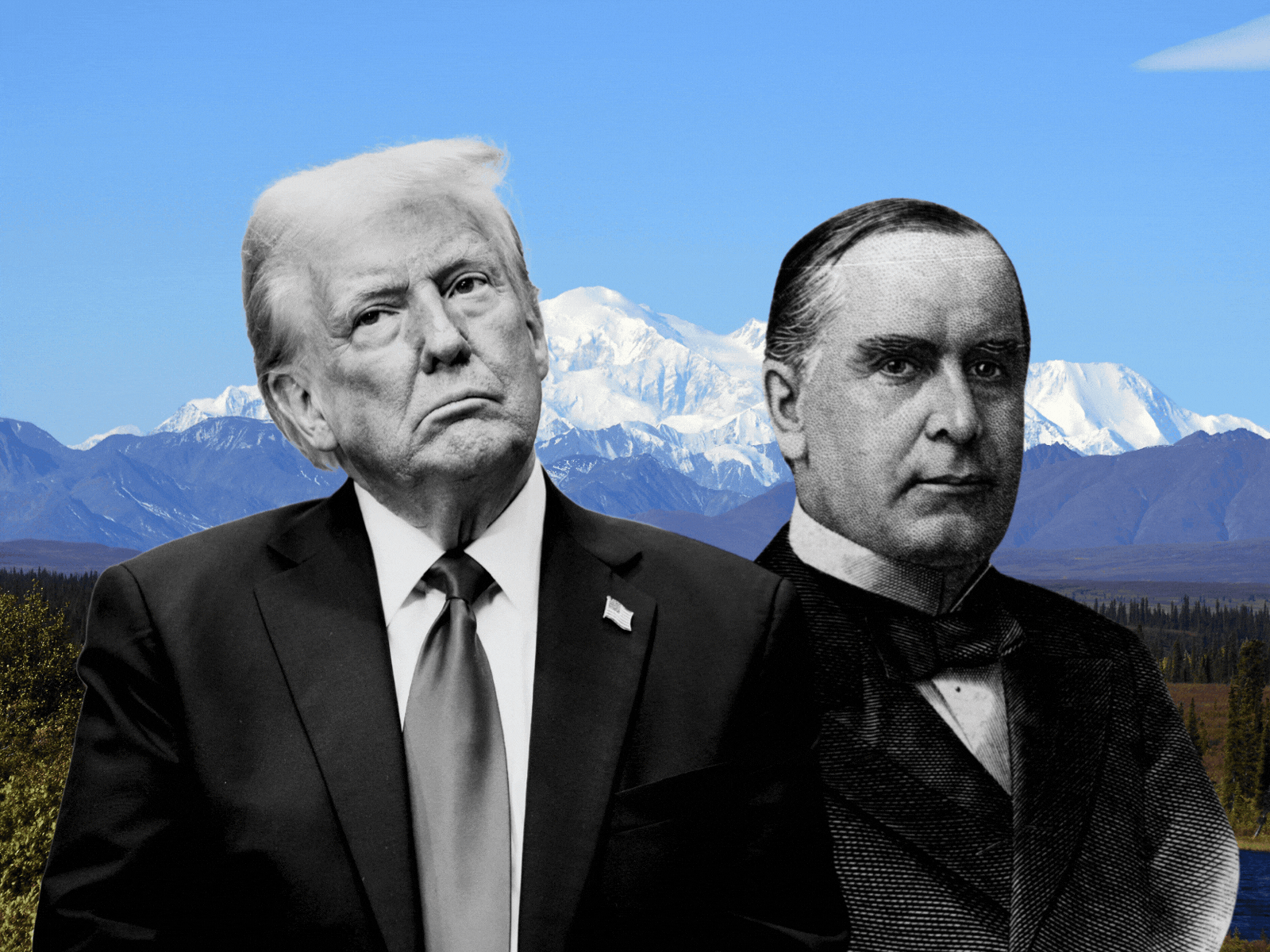
AI: OpenAI & Microsoft almost at an impasse. RTZ #754
It’s down to brass tacks on the iconic Microsoft/OpenAI partnership.
After months of speculation, lots of leaks, and behind the scenes negotiations, the two partners seem to be at loggerheads. They need to find to move together while concurrently move apart. Tough negotiations underway on both sides, with ‘nuclear options’ being on the table. A unique moment in this AI Tech Wave.
It’s a tough place particularly rom Microsoft’s perspective, given that they’re a public company, with over a trillion dollars in current market cap driven by their exclusive access to OpenAI AI technologies, especially in the Enterprise. For now.
And they signed what not too long ago seemed to be an iron clad deal.
As Satya himself said during the November 2023 OpenAI ‘blip’ where its founder/CEO Sam Altman was fired and then rehired over a weekend.
The Microsoft CEO candidly clarified that Microsoft in the pithiest of quotes back in November 2023:
“If OpenAI disappeared tomorrow, we have all the IP rights and all the capability.”
“We have the people, we have the compute, we have the data, we have everything.”
“We are below them, above them, around them.”
He said that to Microsoft board members during that dramatic weekend ‘blip’ at OpenAI and its non-profit board, and founding executives.
The iconic AI partnership that truly captured the world’s imagination of what this AI Tech Wave could lead to. Of course there was the all important ‘ChatGPT moment’ on November 30, 2022.
BUT, it all really got going when Microsoft gave OpenAI the COMPUTE via its Azure Cloud service to show what its GPT and ChatGPT LLMs and ‘chatbots’ could really do. Once users figured out how to prompt them way beyond the way they normally ‘Searched’ their way to answers. It was quite the Tango to watch.
The $13 billion investment for a 49% stake in a conceptual ‘for profit’ structure under a ‘non-profit’, Doomer fear inspired structure, was a risky modele indeed for Microsoft. Kudos to CEO Satya Nadella for putting all his chips in on something so unorthodox for an incumbent ‘big tech’ on its way to its 25th anniversary just this year.
And it allowed Microsoft to make Google ‘Dance’:
And it paid off spectacularly for Microsoft, likely adding over a trillion dollars in market cap and making it the largest US company in the US and the world on any given day. Bobbing up and down with Apple and Nvidia around the $3+ trillion market cap.
Along with Aramco of course in Saudi Arabia, which helps run the world on the other type of oil.
But the AI oil in the form of the world’s internet data had to be gathered, processed, and trained. Refined as it were, to create the ‘intelligence tokens’ that provided the world with a new useful thing that could make everything they did more easier to do.
Fast forward to today, and the landscape has shifted.
WSJ outlines the issues in “OpenAI and Microsoft Tensions Are Reaching a Boiling Point”:
“OpenAI, growing frustrated with its partner, has discussed making antitrust complaints to regulators.”
“OpenAI wants to loosen Microsoft’s grip on its AI products and computing resources, and secure the tech giant’s blessing for its conversion into a for-profit company. Microsoft’s approval of the conversion is key to OpenAI’s ability to raise more money and go public.”
This is a topic that’s been in the news for months.
“But the negotiations have been so difficult that in recent weeks, OpenAI’s executives have discussed what they view as a nuclear option: accusing Microsoft of anticompetitive behavior during their partnership, people familiar with the matter said. That effort could involve seeking federal regulatory review of the terms of the contract for potential violations of antitrust law, as well as a public campaign, the people said.”
“Such a move could threaten the companies’ six-year-old relationship, widely seen as one of the most successful partnerships in tech history. For years, Microsoft fueled OpenAI’s rise in exchange for early access to its technology, but the two sides have since turned into competitors, making it more difficult to find common ground.”
Publicly, it’s all smiles and positive talk:
“We have a long-term, productive partnership that has delivered amazing AI tools for everyone,” representatives for the two companies said in a joint statement. “Talks are ongoing and we are optimistic we will continue to build together for years to come.”
Behind the scenes, it’s both sides scrambling to find key leverage points on the other:
“OpenAI and Microsoft are at a standoff over the terms of the startup’s $3 billion acquisition of the coding startup Windsurf, the people said. Microsoft currently has access to all of OpenAI’s IP, according to their agreement. It offers its own AI coding product, GitHub Copilot, that competes with OpenAI. OpenAI doesn’t want Microsoft to have access to Windsurf’s intellectual property.”
Some big fundamental questions on the ownership stakes of the past (49%) transitioning to stakes in the future (33%??):
“The companies continue to be at odds over how much of OpenAI Microsoft would own if it converts into a public-benefit corporation. Microsoft is currently asking for a larger stake in the new company than OpenAI is willing to give, people familiar with the matter said.”
And there are external milestones that govern timing on the negotiations:
“OpenAI has to complete the conversion by the end of the year, or it risks losing $20 billion in funding.”
A point of leverage is government scrutiny of big tech:
“Under the Biden administration, the Federal Trade Commission opened a broad antitrust investigation into Microsoft last year. It also examined Microsoft’s investment in OpenAI, alongside other big tech investments into AI more than a year ago.”
It all started rather straightforwardly over half a decade ago:
“Microsoft first invested $1 billion into OpenAI in 2019. Under the current contract, the tech giant has the exclusive right to sell OpenAI’s software tools through its Azure cloud and has preferred access to the startup’s technology. Microsoft is also supposed to be OpenAI’s only compute provider, though it allowed the startup to create its own data-center project, Stargate, last year.”
And Microsoft has been building backup options, especially on the enterprise side of AI:
“The two now compete on products ranging from consumer chatbots to AI tools for businesses. Last year, Microsoft CEO Satya Nadella hired a rival of OpenAI CEO Sam Altman’s who launched a secret effort to build models for Microsoft.”
OpenAI needs far more flexibility on building AI Compute Infrastructure with providers beyond Microsoft Azure. Google Cloud, Amazon AWS, Oracle Cloud, CoreWeave, as are possible options. Especially with its Stargate partnership with Softbank, and recent deals to expand OpenAI Stargate AI Data Centers in the Middle East now
“The startup is trying to renegotiate elements of that deal alongside its planned conversion. It wants to join with other cloud providers so it can sell its technology to more customers and access additional computing resources. Microsoft, meanwhile, wants access to OpenAI’s technology even after the startup declares its models have achieved humanlike intelligence, which would end the current partnership.”
And timing and roadmap to AGI is a big governor in the existing agreements:
‘“That level of sophistication, known as “artificial general intelligence,” is the subject of fierce debate among technology executives. Some believe it is possible and imminent, while others believe it is far off or potentially out of reach and that AI improvements are likely to be incremental.”
Whew!
It’s a complicated topic, with a lot of it out there for the world to see and debate. Here’re some pieces I can recommend as additional reads:
The Information has detail in “OpenAI Seeks New Financial Concessions From Microsoft, a Top Shareholder”.
Axios lays it out well too in “Microsoft and OpenAI play high-stakes tug-of-war”.
And Stratechery in “Microsoft-OpenAI Drama Continues, also adds more color.
I’d particularly highlight some more items from The Information in “OpenAI Seeks New Financial Concessions From Microsoft, a Top Shareholder”:
“Negotiations between Microsoft and OpenAI over the startup’s plan to restructure its for-profit unit, which requires Microsoft’s approval, have entered their eighth month with no end in sight and new conflicts emerging.”
“OpenAI wants Microsoft, the startup’s biggest outside shareholder, to have a roughly 33% stake in the reshaped unit in exchange for foregoing its rights to future profits, according to a person who spoke to OpenAI executives.”
“OpenAI also wants to modify existing clauses in its contract with Microsoft that give the software firm exclusive rights to host OpenAI models in its cloud, and it wants to exempt a planned $3 billion stock acquisition of AI coding startup Windsurf from the existing contract between the parties that grants Microsoft access to OpenAI intellectual property, according to that person and another person who spoke to Microsoft executives about it.”
“Renegotiating details of the companies’ cloud arrangement could have far reaching consequences in the tech industry. OpenAI has told investors it wants to get out of its exclusive cloud contract with Microsoft, which makes Microsoft the only cloud provider that offers OpenAI models for sale through an application programming interface, one of the people said.”
“Microsoft rivals Amazon and Google could jump at the chance to host OpenAI models on their servers, which would make it easier for their cloud customers to use them. Google has already lobbied the government to kill Microsoft’s exclusive right to host OpenAI models.”
“Microsoft hasn’t agreed to OpenAI’s terms and is looking to get other concessions from the startup, such as extending the length of time in which it has the right to use OpenAI’s intellectual property, according to the person who spoke to Microsoft executives about it.”
“OpenAI’s current deal with Microsoft gives the software giant the right to use OpenAI’s IP through 2030, according to the two people with knowledge of the talks.”
Tangled web indeed, with a lot of moving parts for both sides to consider. And reconsider. With lots of shifts in the middle.
But it’s a critical ‘Fish or cut bait’ for both sides at this point in the AI Tech Wave.
For now, the leverage and momentum is more the OpenAI side, with Microsoft having the legal right to say ‘No’ more than say ‘Yes’.
Thus the time to consider the harder options for both. And it’ll of course all have an ecosystem on the industry and key competitors/partners. Stay tuned.
(NOTE: The discussions here are for information purposes only, and not meant as investment advice at any time. Thanks for joining us here)


